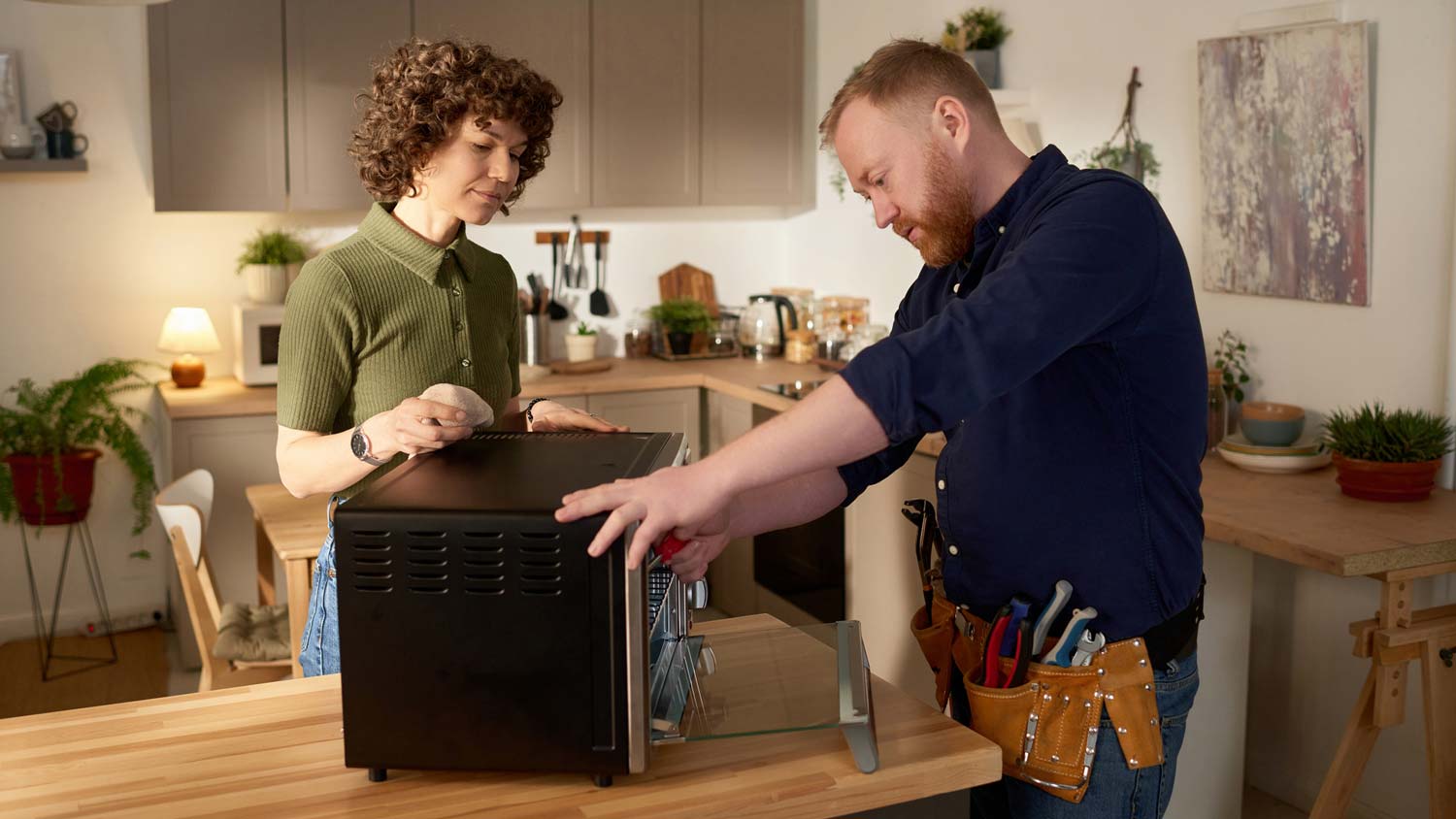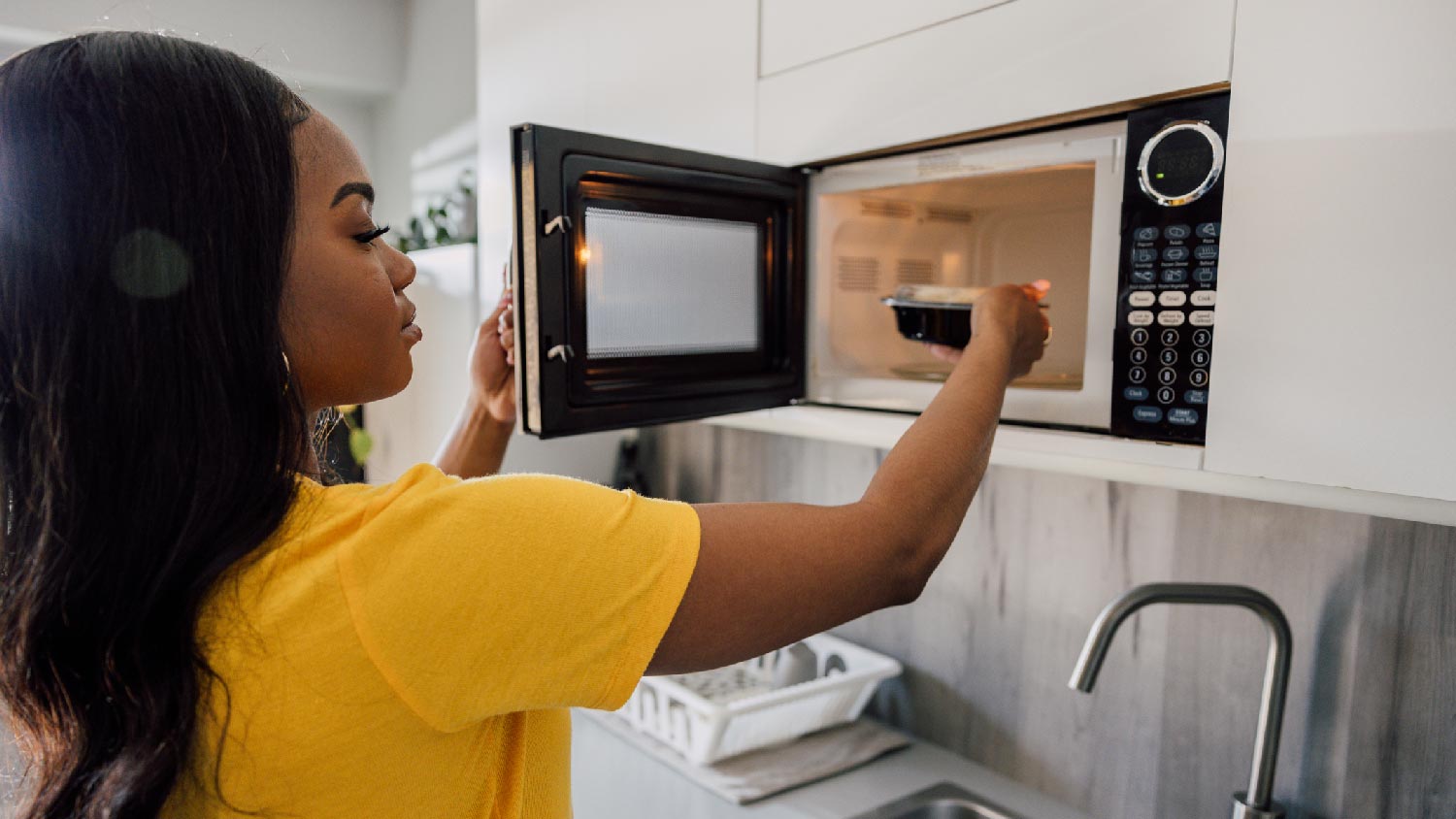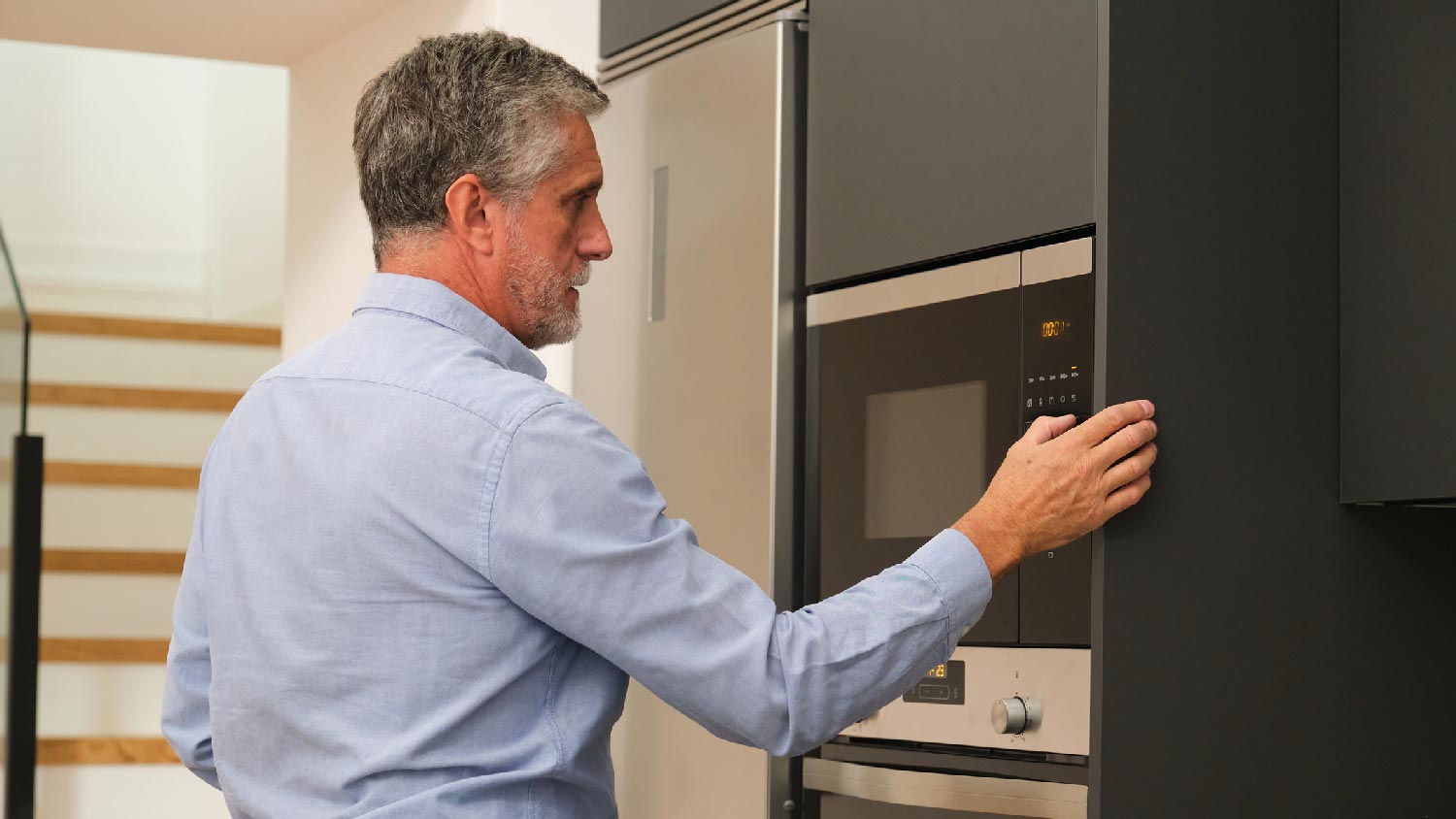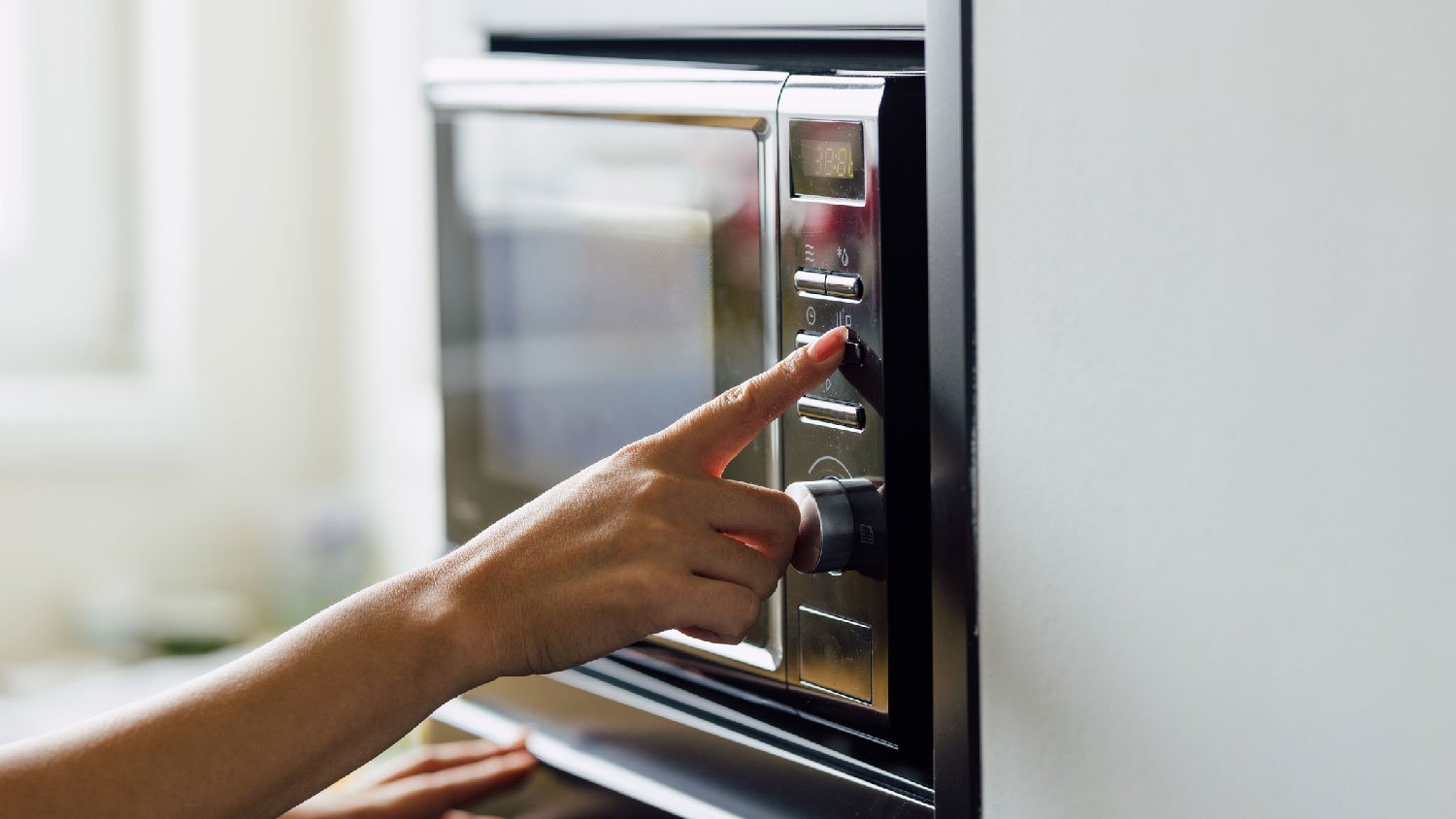
Get transparent microwave repair cost info for 2025. Learn what impacts price, compare repair vs. replacement, and find ways to save on your microwave repair.
A faulty microwave can be dangerous, so knowing how to identify problems is key


A microwave can trip the breaker due to issues with the magnetron, high voltage capacitor, or diode.
Wiring or outlet problems can also cause your microwave to trip the breaker.
User-related issues (like incorrect power settings) can lead to breaker trips as well.
Look out for unusual sounds, burning odors, or visible flashes.
The microwave oven has revolutionized the way we prepare and reheat food, making our lives more convenient. If your microwave keeps tripping the breaker, it can be both perplexing and frustrating. We’ll examine some of the common reasons why your microwave may be tripping and provide tips to help you fix the issues.
Microwaves require a lot of power to operate. Be aware of the wattage requirements for your particular microwave. If you don’t have the proper outlet installed, this is a job for a local electrician. Do not attempt this yourself or plug the appliance into an extension cord.
The powerhouse of your microwave, the magnetron generates the microwaves that cook or heat your food. If your microwave’s magnetron malfunctions, you might hear an unusual buzzing sound or smell an electrical smell while your microwave is in use.
A malfunctioning magnetron can lead to uneven heating, longer cooking times, or even a complete breakdown of your microwave. If left unresolved, it could eventually render your microwave unusable.
If you suspect an issue with your microwave’s magnetron, you should contact a professional microwave technician near you for diagnosis and repair. Attempting to fix or replace the magnetron yourself is dangerous due to its high-voltage components.

The high-voltage capacitor stores the energy that powers the microwave’s magnetron. If faulty, it might create a loud humming noise or make a popping noise accompanied by a visible flash while the microwave is running.
A malfunctioning high-voltage capacitor can potentially lead to electrical hazards or the microwave not working at all. Ignoring the issue could also result in potential safety risks and further damage to the microwave.
Due to the high voltage associated with capacitors, it's recommended that you seek the help of a pro. An experienced technician can safely diagnose the problem and replace the capacitor if needed.
A microwave diode ensures the electrical current in your microwave flows in the right direction. If a diode malfunctions, your microwave can make a loud buzzing noise or produce a burning odor.
Ignoring diode issues can reduce cooking efficiency and potentially damage other microwave components. It could also result in the microwave not turning on at all.
If you suspect a diode problem, you should consult a professional technician. Attempting to replace a diode without the proper training could lead to further complications.

Microwave door switches are designed to prevent your microwave from operating when the door is open. A faulty door switch might cause your microwave to continue running even when the door is closed, or you could hear a clicking sound.
A malfunctioning door switch poses a safety risk, as it can expose you to harmful microwaves. Additionally, continued use of a microwave with a faulty door switch could lead to more extensive damage to the microwave.
If you suspect a door switch issue, stop using your microwave immediately and have it examined by a professional technician. They can replace the faulty switch or provide guidance on whether or not you need to install a new microwave.
Using the microwave at its highest power settings for extended periods of time can overload your circuit, causing your breaker to trip. Running other high-power appliances simultaneously on the same circuit can also cause your breaker to trip.
Circuit overload can be resolved by redistributing appliances across different circuit breakers. Ignoring this issue can lead to inconvenience, due to frequent breaker trips, and potential damage to the microwave.
When using your microwave, adjust your power settings and avoid concurrent use of other high-power appliances on the same circuit breaker. Distribute the load across different circuits to prevent overloading.
Over time, the wires and outlets that power your microwave can deteriorate due to wear and tear. This degradation can increase electrical resistance, causing your microwave to draw more current and potentially trip the breaker.
If so, you might notice flickering lights or hear a buzzing sound when the microwave is in use, signaling a problem with the electrical connection.
Ignoring aging wires and outlets can lead to more significant electrical problems in your kitchen, including potential fire hazards and more frequent breaker trips.
If you suspect that aging wires or outlets are the reason for your tripping breaker, consult a professional electrician near you. They can assess your electrical system, make the necessary microwave repairs or upgrades, and ensure the safety of your appliances and your home. Addressing this issue promptly can help prevent future electrical hazards.
From average costs to expert advice, get all the answers you need to get your job done.

Get transparent microwave repair cost info for 2025. Learn what impacts price, compare repair vs. replacement, and find ways to save on your microwave repair.

Is your microwave plate not spinning? It’s not the end of the world, but it might be the end of your microwave. Use this guide to diagnose and fix the issue.

Why is your microwave smoking? Learn the most common reasons for smoke coming out of your microwave and how to address the issue safely.

Wondering why your microwave is buzzing? The sound could be more than just a nuisance. Learn about the possible causes and how to find a solution.